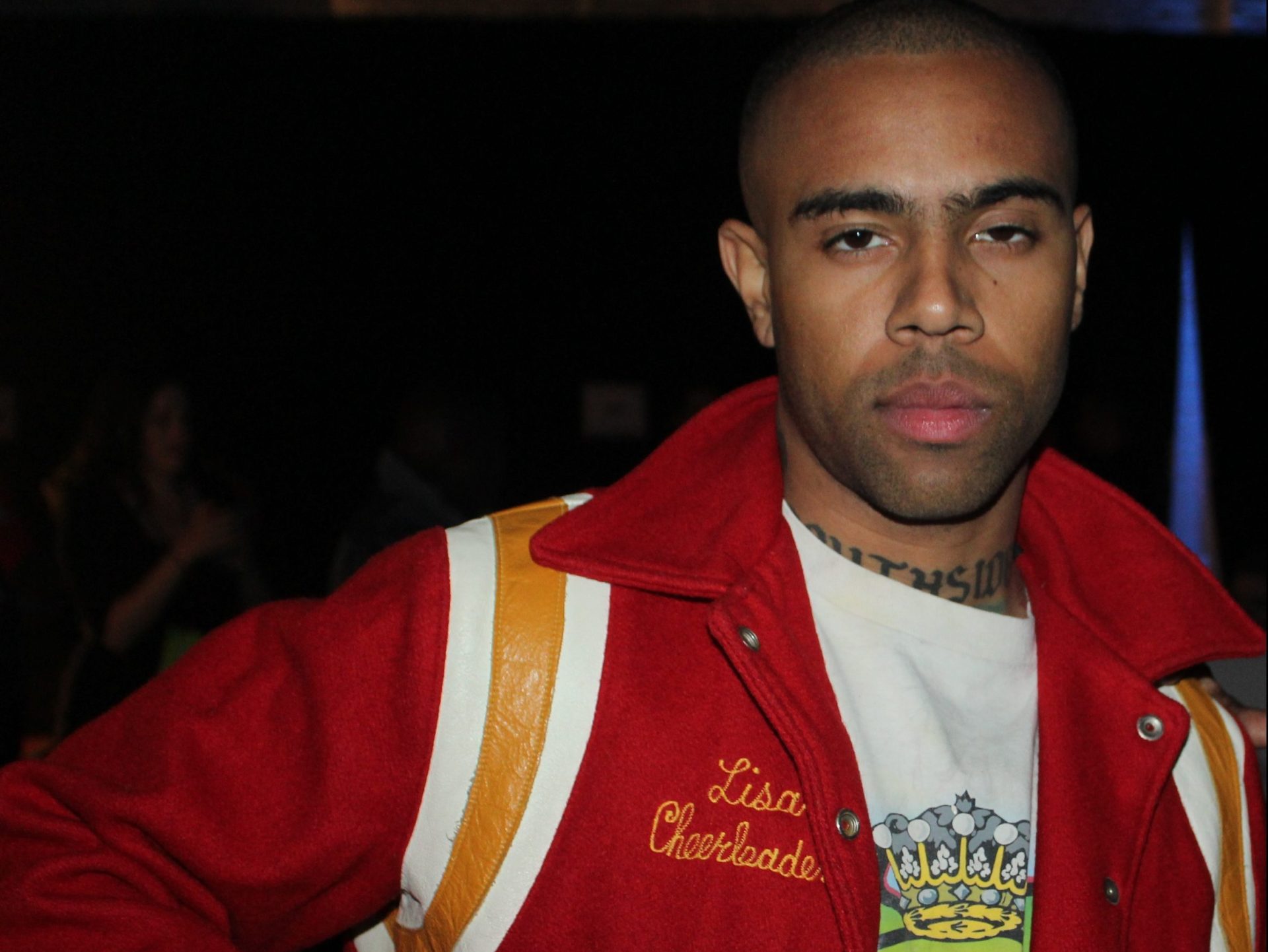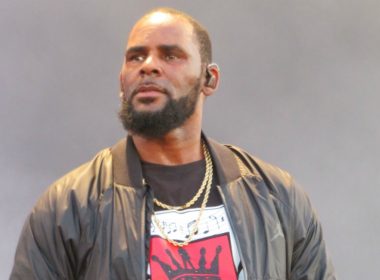
On the “A” w/Souleo
When Stevie Wonder says “boycott” you take heed. That’s exactly what musical legend Ronald Isley believes since he’s decided to join Wonder’s boycott of Florida following the acquittal of George Zimmerman in the shooting death of Trayvon Martin. The boycott is in response to the state’s controversial Stand Your Ground law, which Wonder and now, Isley, hope to have repealed. Isley’s support of the boycott won’t officially begin until after a scheduled fall performance in the state, but he has plans to donate proceeds from the show to the Martin family.
“We have something that we were signed to do and that we have to do,” he explains. “But we are planning for all that money from that concert to go to the [Martin] family. After that we boycott from here on until they change that law.”
Isley — who is on a summer tour with Frankie Beverly and Kem — didn’t specify whether or not he plans to also join Wonder in boycotting the additional 30-plus states that support Stand Your Ground legislation. Isley’s tour follows the release of his new album, This Song is For You, which has become a hit, making him one of the few artists to have a top 10 R&B album in each of the last six decades.
Celebrating activism is one of the key messages of this year’s NYC Black Pride Heritage Awards, presented by event organizer Lee Soulja. The ceremony celebrates its 16th anniversary and kicks off with an awards presentation at the Schomburg Center for Research in Black Culture on Wednesday Aug. 14 from 6-10 p.m. Honorees include Broadway legend Andre DeShields, fashion industry icon Audrey Smaltz, Olympic medalist Gail Marquis and LBGT rights pioneer Storme DeLarverie. [Full Disclosure: writer co-hosts the awards show with Sterling Infinity].
The 93-year-old DeLarverie has helped lay the foundation for the modern-day LGBT rights movement. Her varied history includes being the only drag king in the famed Jewel Box Revue that began in 1939 and is known as America’s first racially integrated female impersonation show. But perhaps most significantly, she is one of the first documented people to fight the police in 1969 at the historic Stonewall Inn riots. For that action, she is commonly referred to as the Rosa Parks of the LGBT rights movement.
To read the entire column please click here.
















